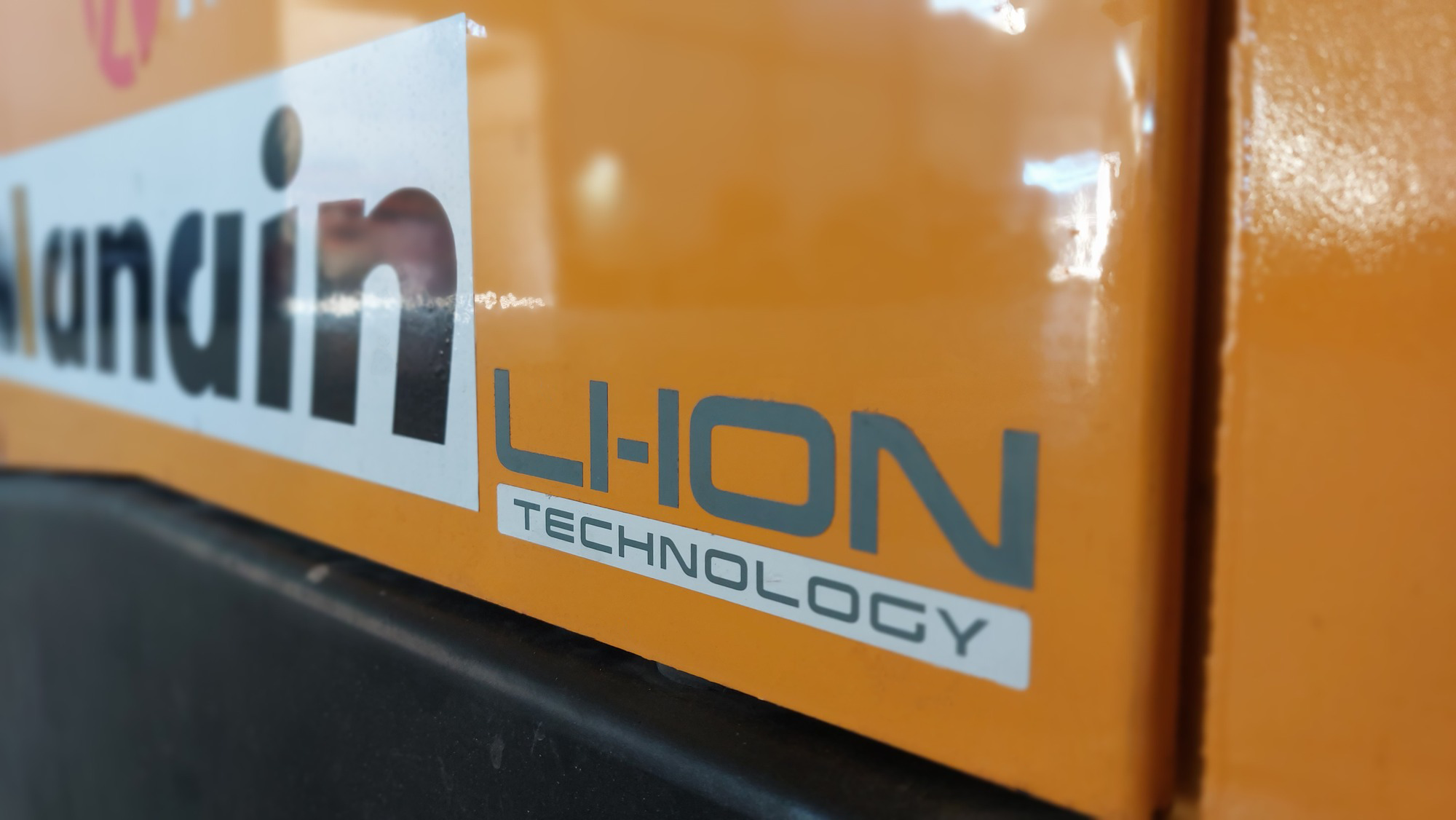Partnership Manain with Jungheinrich
Manain has recently closed an agreement with the brand Jungheinrich, one of the most important companies in intralogistics equipment internationally. We offer flexible rentals, leasing, and sales of their entire range of products.
Manain is now a partner with Jungheinrich in the rental and sale of their product range. One of the flagship products is the electric counterbalance forklifts with lithium batteries. With a capacity of up to 5,000kg, these are prepared for any task and need. They consume up to 20% less energy thanks to the Pure Energy concept, achieving optimal performance with perfect coordination of Jungheinrich’s original components.
These forklifts provide high stability during use, thanks to their power and profitability, and the latest technological systems. Their advancements also highlight tailored intralogistics solutions for the challenges of Industry 4.0.

Their partnership adds to the wide range of products from the Jungheinrich portfolio, including diesel and gas forklifts, electric counterbalance forklifts, manual and electric pallet trucks, electric stackers, horizontal and vertical order pickers, electric tuggers & trailers, order pickers, reach trucks, and trilateral forklifts, among others.
Their products offer the best logistics solutions combined with experience. With automated components, from the manufacturing of all relevant system components, to the planning and implementation of a solution perfectly tailored to your requirements, and an advanced service concept.
They also stand out for their efficient use of energy. As the sole provider, they also develop and produce the software, batteries, and charging technology. An integrated system from a single provider, benefiting the customer.

Lithium-ion batteries
With the power of lithium-ion batteries, high performance is achieved for maximum efficiency in goods dispatch and warehouse operations. The forklifts can be operational 24/7 thanks to short charging times and no maintenance. The lead-acid battery, with extended maintenance intervals for light and medium-duty applications, is available in 24, 48, and 80 V versions.
In short, as a leading provider of intralogistics solutions, they offer customers products, solutions, and services tailored to their needs. One of our sales representatives will advise you along the way to ensure a service adapted to the objective. Get in touch at contact or [email protected], and we’ll provide you with all the information you need!



